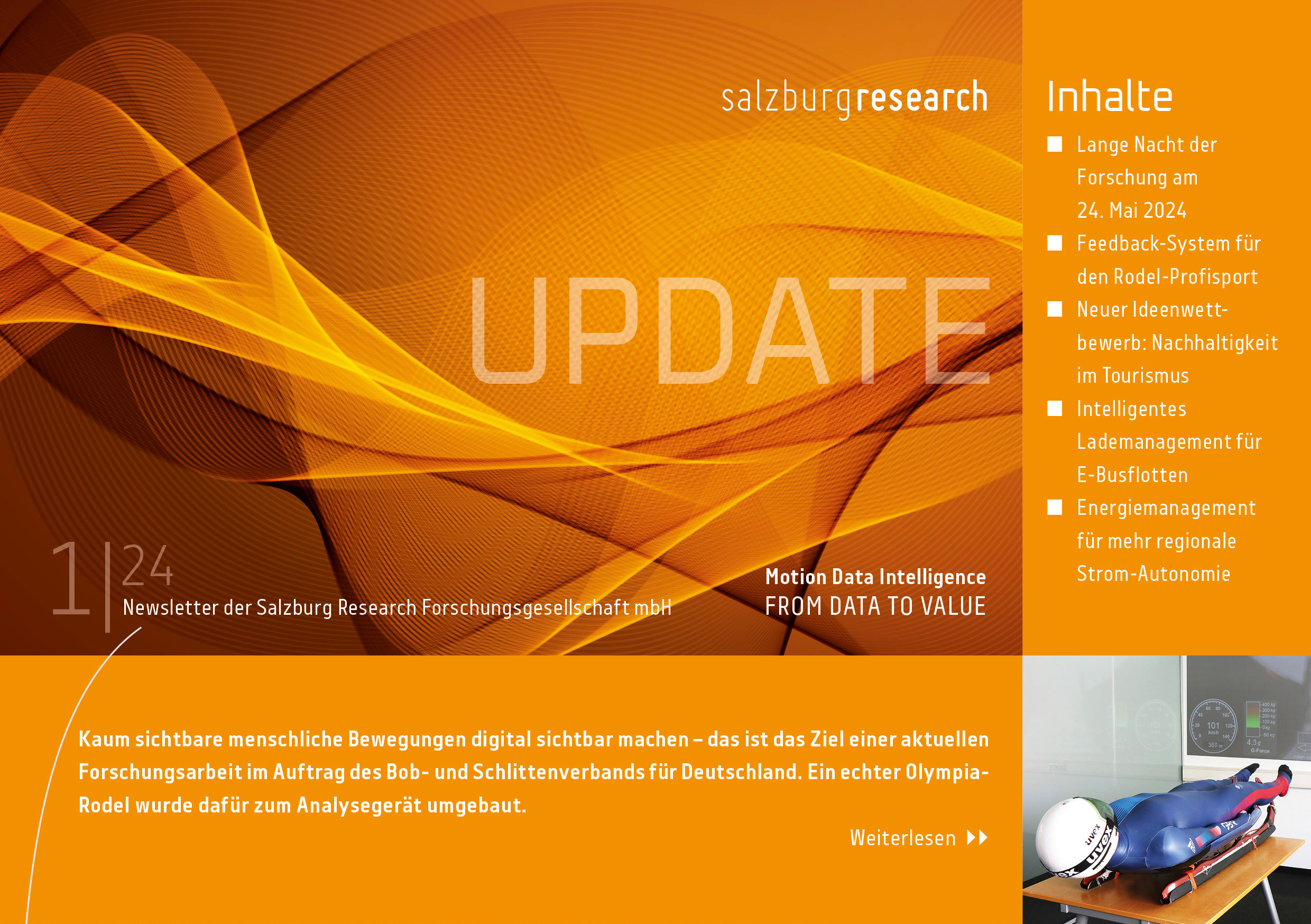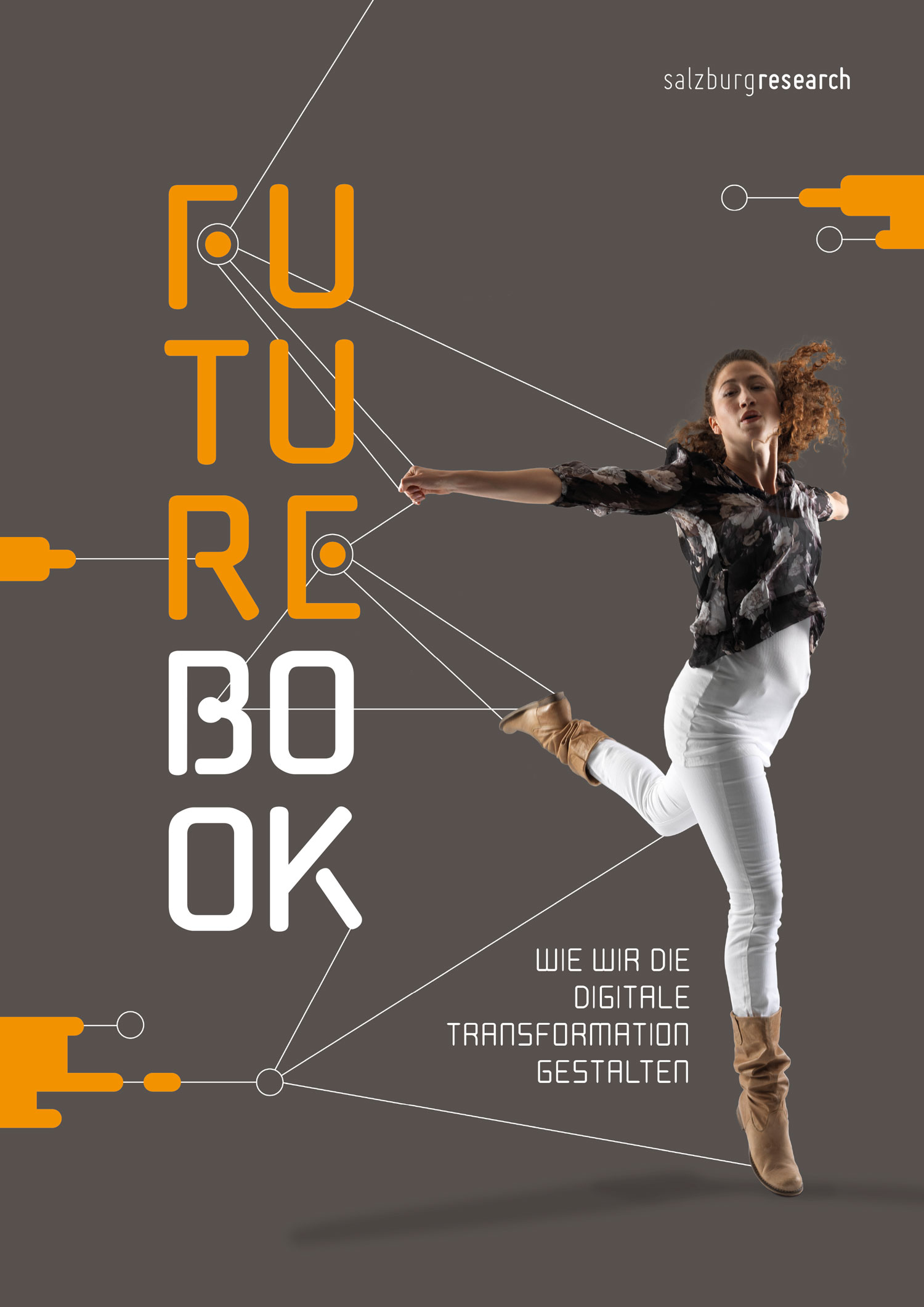Inclusion of females in ICT – A lifelong learning challenge for change agents:
Veronika Hornung-Prähauser, Rosin Mullins, Eliane Smits, Michaela Luckmann, Svetoslav Dimov, Maria Schwarz-Wölzl (2005): Inclusion of females in ICT – A lifelong learning challenge for change agents: benefits of innovative eLearning Tools and Training Methods In: Proceedings of the EDEN conference 2005
Under-representation of women in the Information and Communication Technology (ICT) world is not a new phenomena, but a very persistent one. On the political level, the European Union has placed this issue on its agenda and postulates social inclusion and equal opportunities in a knowledge-based society, laid down in the e-Europe Action Plan. The Community Framework on Gender Equality 2001-2005 points out that a knowledge-based society cannot afford to under-utilize the enormous untapped potential of its female professionals.
Our particular project approach is to address the needs of all relevant change agents such as parents, peer-groups, youth workers, teachers, management staff of universities, career advisors, human resource managers and personnel developers who assist young women and female students along the multi-faceted ICT career path. We examined barriers and needs of this key persons in changing mindsets, stereotypes and role models of themselves and their clients and in particular how eLearning can support this life long learning process.
eTutoring, eCoaching and ecConsulting are methods that can help to attract more women into ICT professions. Professional gender-sensitive training and coaching can be offered with innovative eLearning methods and tools, particularly in relevant phases of woman`s career planning. Innovative eLearning might raise the number of female employees in the ICT world and shape its future. The EU-Project PRO::ICT has taken up the challenge to develop, test and evaluate a collection of web based Training Material for gender sensitive teaching and consulting which takes account of the different demands of the users with eLearning environment and local contexts (eg.as regards country specific job-profiling). These materials can be accessed via internet and experienced in an online course for Gender sensitive teaching, training and consulting.


